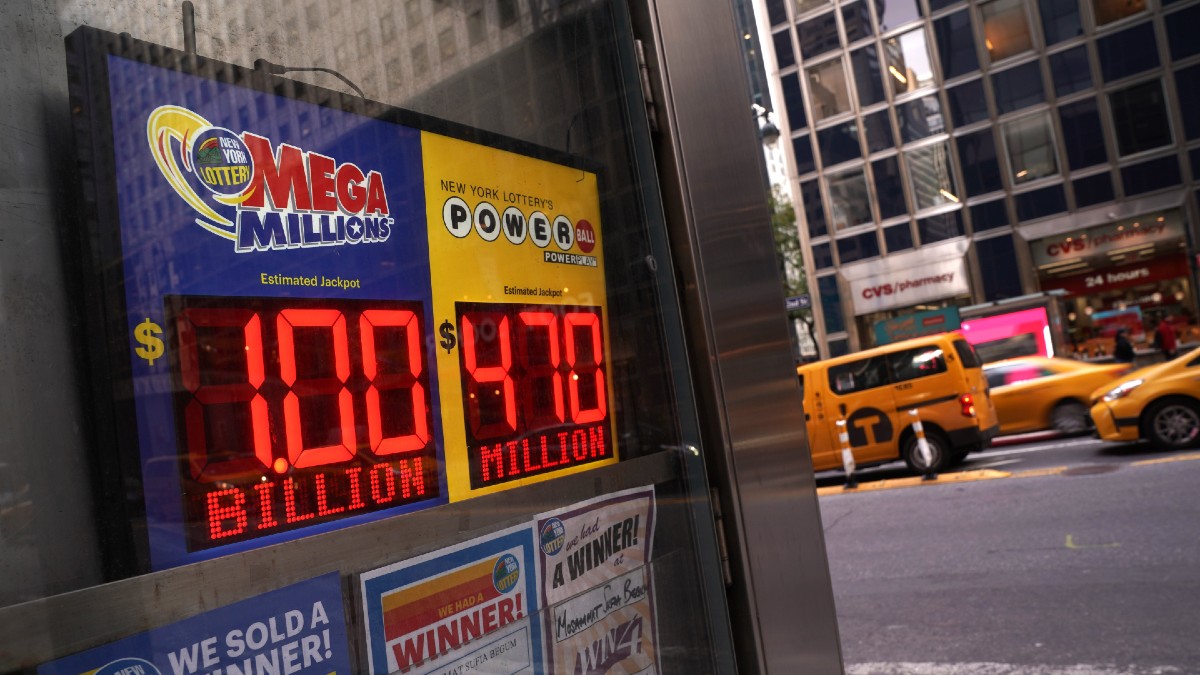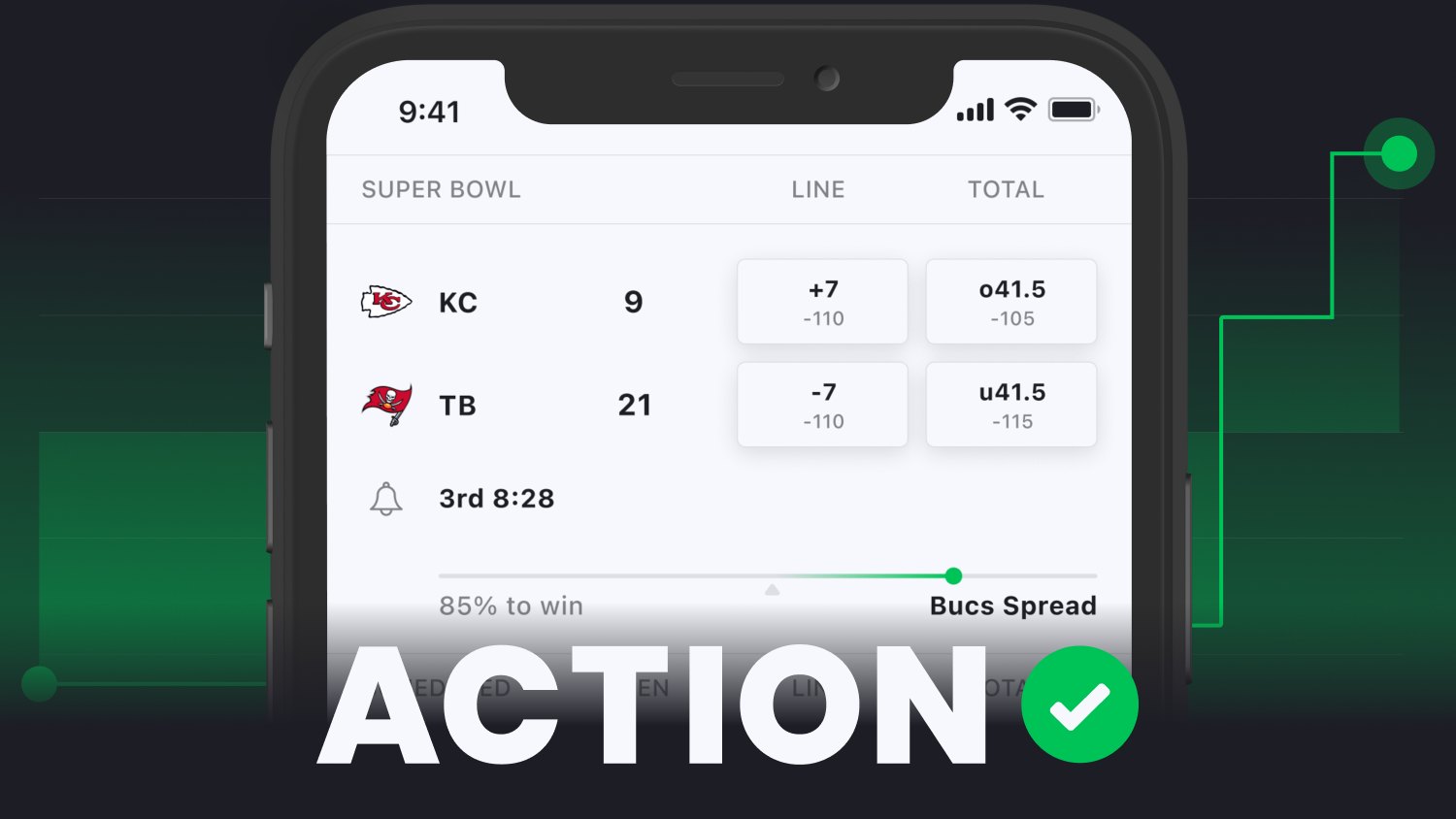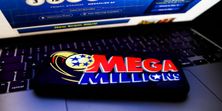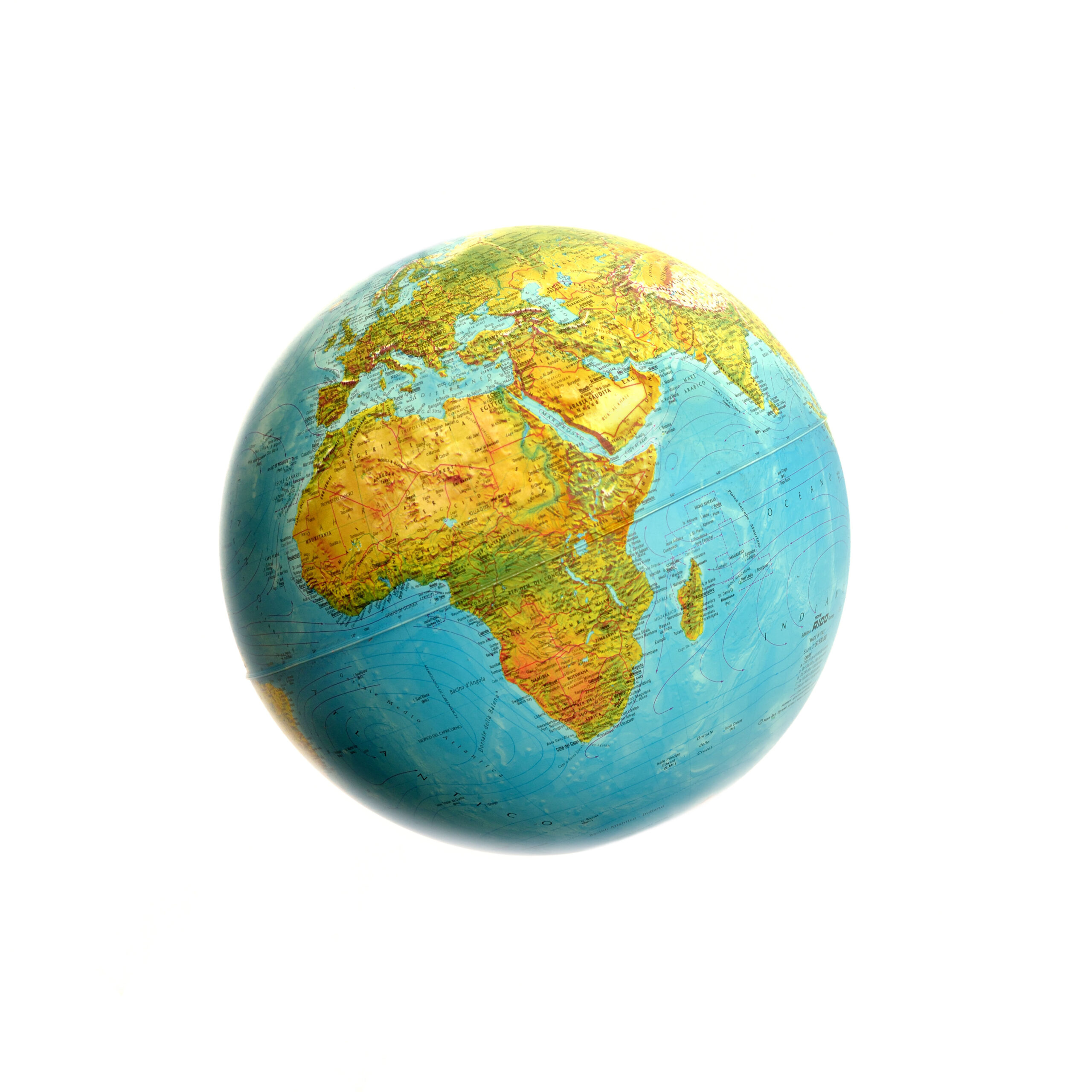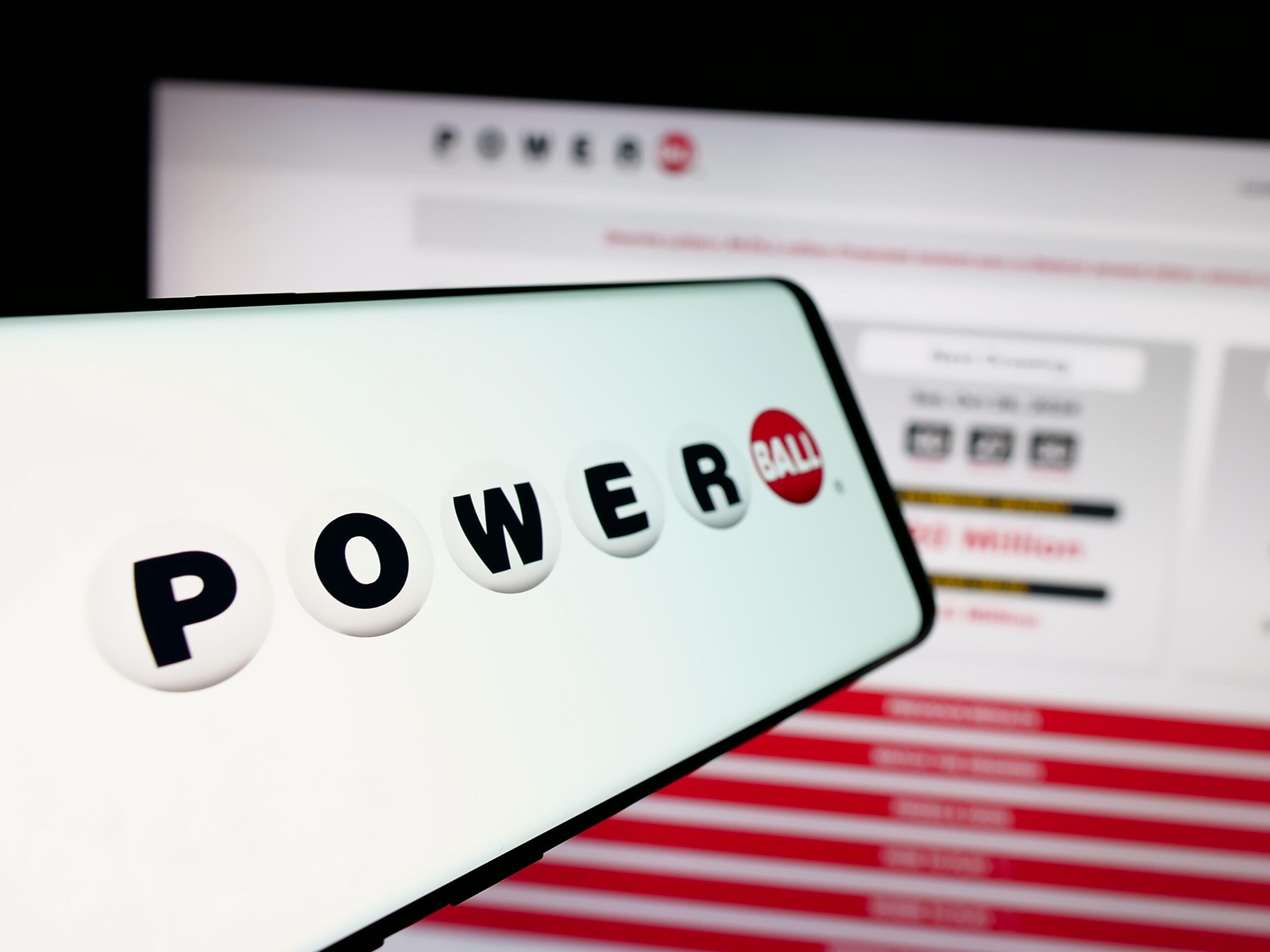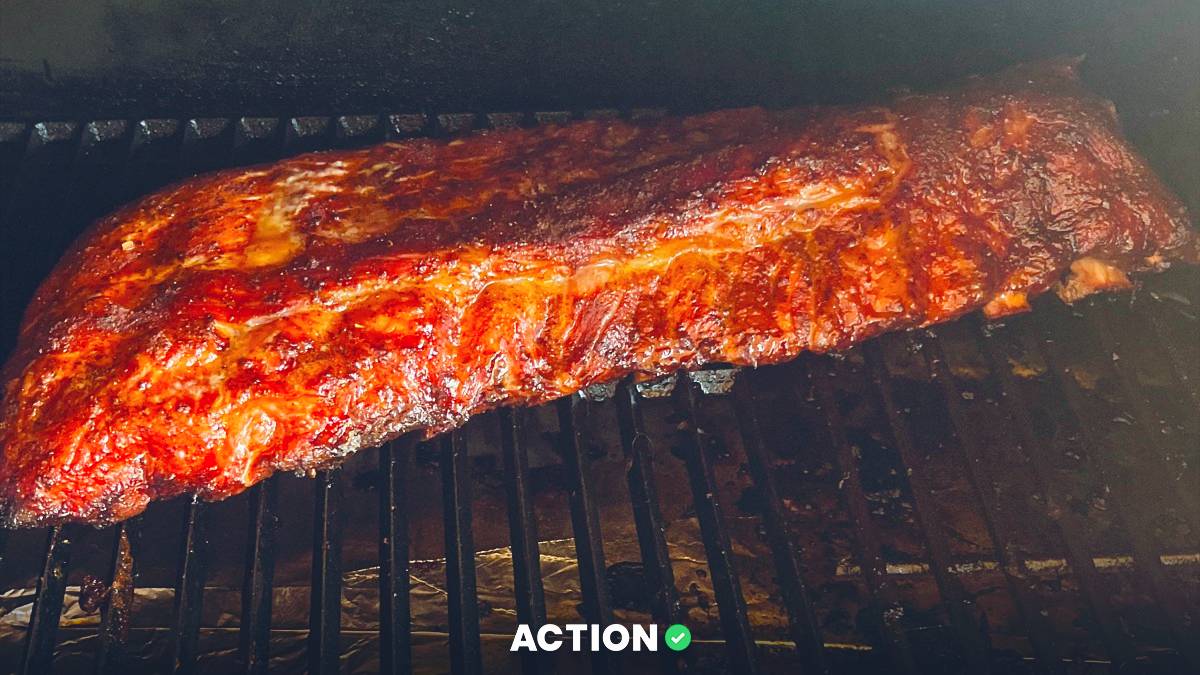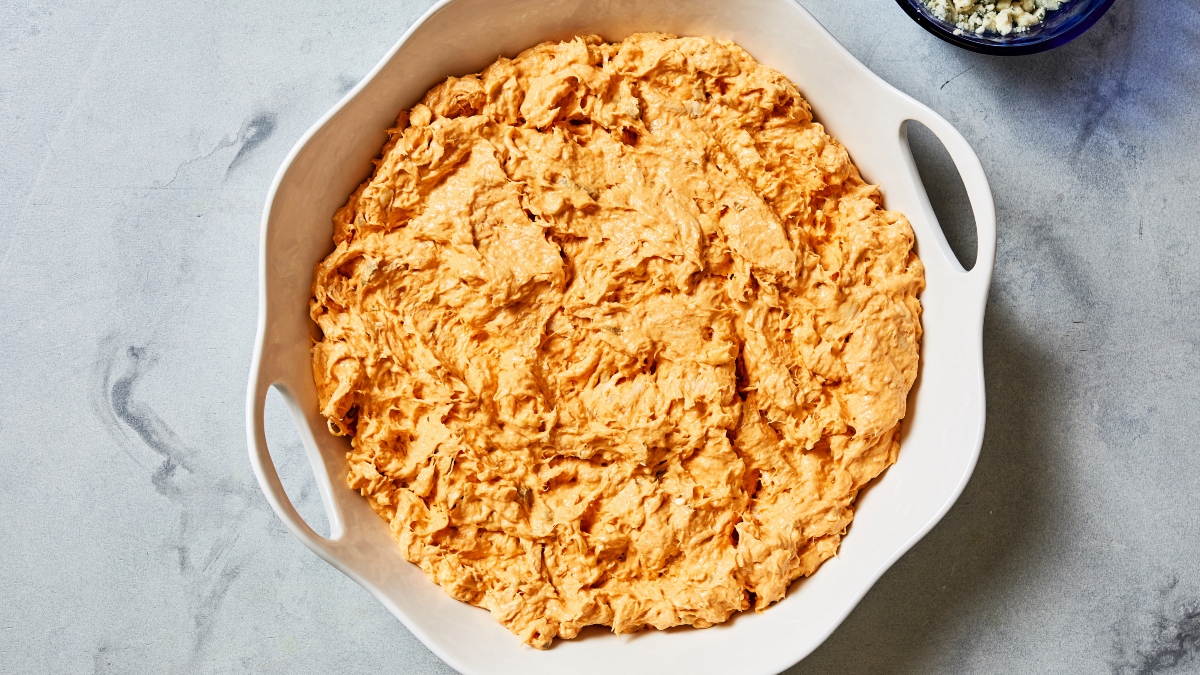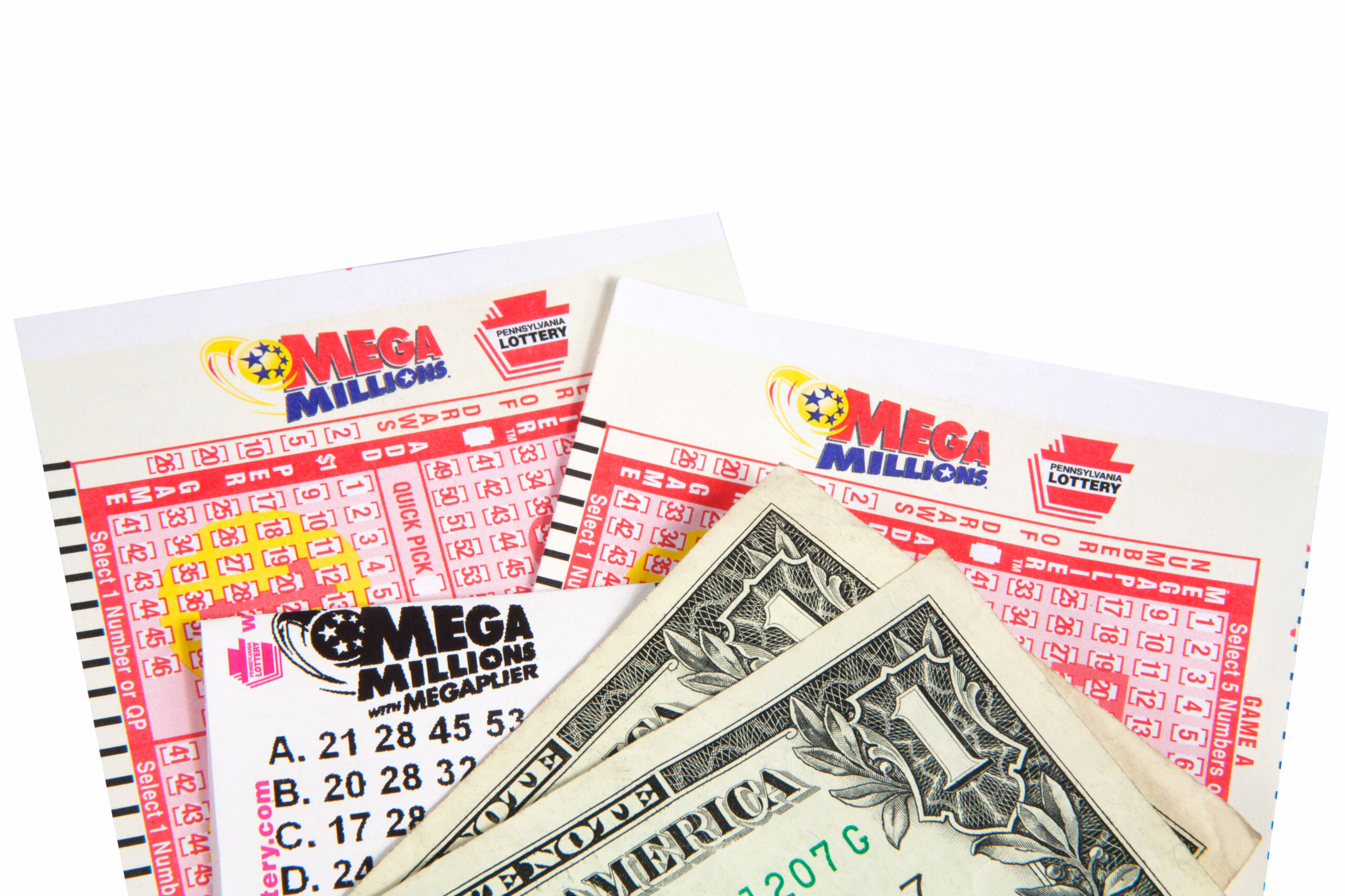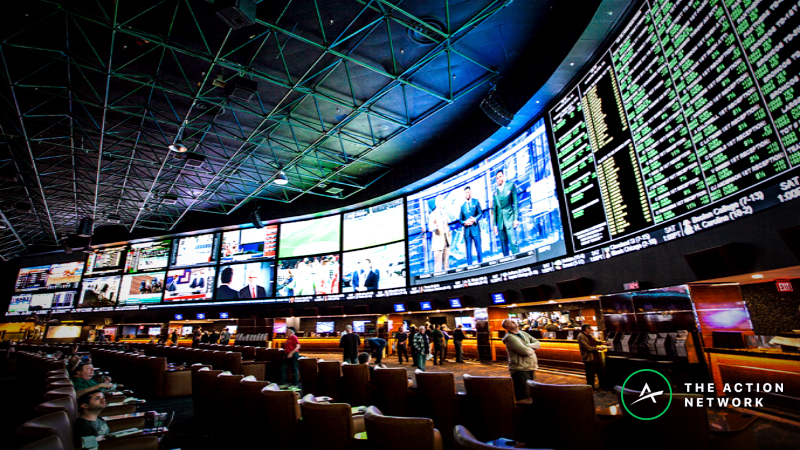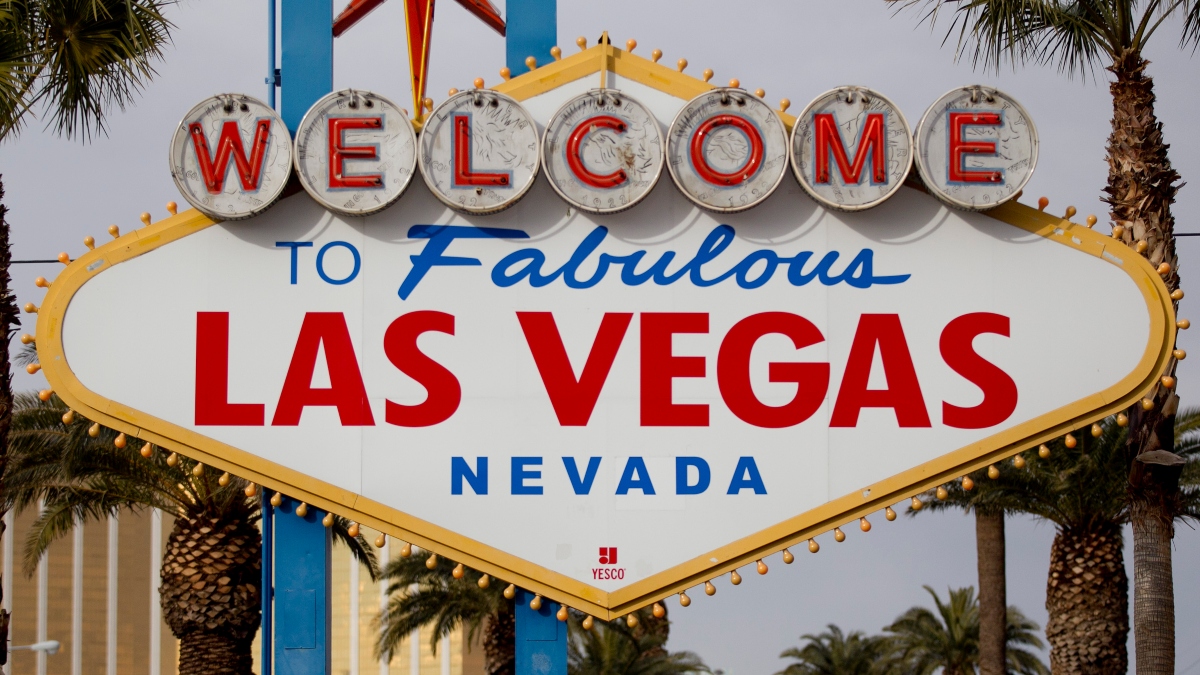On Thursday morning, with the Mega Millions prize at more than $1 billion, a lottery app emerged as the No. 1 most downloaded free app in the Apple store's entertainment section, beating out…TikTok.
Jackpocket, recently backed by Mark Cuban, Kevin Hart and Manny Machado as part of the $200 million the company has raised, has proven to be irresistible.
People no longer have to go delis or supermarkets to play the lottery; they can play everything with the push of a button.
And push they have.
The company says that since April 17, when the current no-winner streak started, tickets purchased on Jackpocket tickets have made up an astounding 7% of all Mega Millions tickets purchased. That's mind-blowing to consider when you learn that JackPocket is only in 12 states. In Arkansas, 10% of all tickets in this stretch have been purchased on this app.
The floodgates opened in 2018 when New Jersey became the first state to allow a courier service to secure lottery tickets for people at a profit.
Here’s how it works.
A user loads their wallet at Jackpocket and purchases lottery tickets. If they choose quick pick, Jackpocket’s own randomizer does the work. A Jackpocket rep is then charged with fulfilling that order with a retailer within the state. When that order is filled, the customer gets a scan of the front and back of the ticket with a serial number and watermark.
Rules for courier services include the provision that a courier can never become a retailer, which protects the interest of the current vendors. That the terminals that service the couriers are different from the ones used for walk-up makes sure people sitting at home don’t have an advantage and allows for easier auditing.
Couriers also can’t take a percentage of their customers' winners and has to inform winners of any denomination within 24 hours.
To try out the service, I ordered 26 quick picks for the Mega Millions for $52 at 10:25 a.m. ET. Roughly six hours later, my actual tickets came through, filled at the Utopia Deli in Hewitt, NJ.
If someone wins less than $600, Jackpocket puts the money back into the account. If a player wins more, they get sent the ticket by the company and have to pick it up itself. Legally not being allowed to pay out the large prizes is a path to doing good business, as Jackpocket only receives new revenue (a healthy 9%) when a player reloads his or her wallet.
As a private company, JackPocket hasn’t disclosed its revenue number.
Not only do they have reloading fees, unlike mobile sportsbooks, but they also are allowed to suggest auto betting.
After I spent my $52, Jackpocket asked me if I wanted to spend $52 every time — a dangerous proposition. And getting into push notifications is another way to bring the customer back in. Sportsbooks try it with the lure of reload bonuses, while Jackpocket has the lure of hundreds of millions of dollars, a prize they themselves don’t have to put up.
For their part, the company says they help limit problem gambling by allowing customers to set their own parameters, but the auto play option does seem like a bit of a runaway train given lottery odds.
Playing the lottery more doesn’t increase your odds. Buying more tickets in a single lottery might depending on how many tickets are bought by others.
Not surprisingly, Jackpocket says more tickets are bought when a lottery prize hits $300 million. In the case of last week, there was a 200% rise in tickets sold from the week before when the prize surpassed $800 million.
Jackpocket has just started to take advantage of getting in front of sports bettors. This year, it signed sponsorship deals with the Texas Rangers and New York Mets.
The business, thanks to reloading revenue and lack of losing its own money, seems like a much healthier business than many sportsbooks. And if a Jackpocket winner happens to win the big one — its best win was a consumer who won just over $9 million — that marketing might propel the company to even greater heights.


